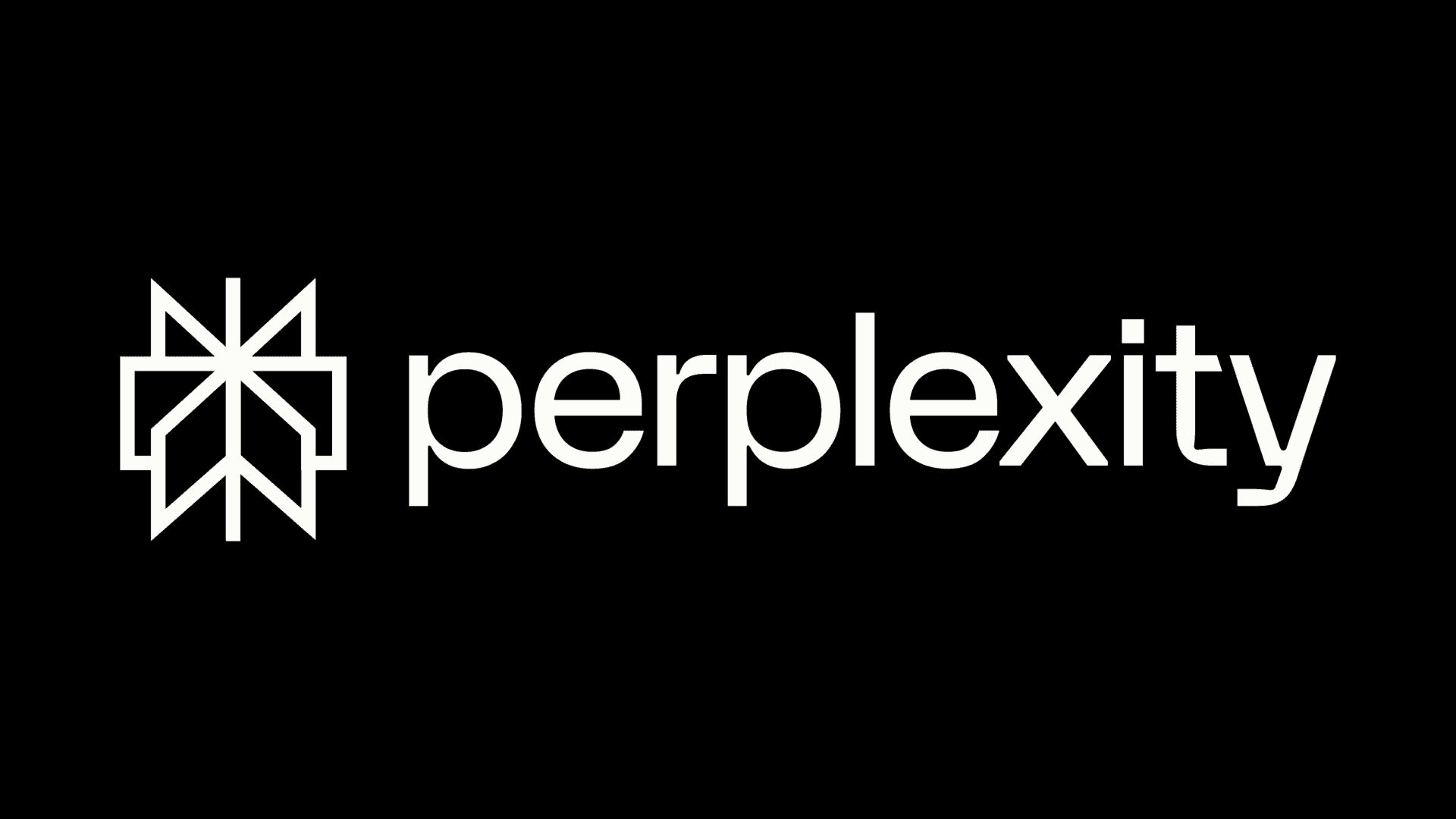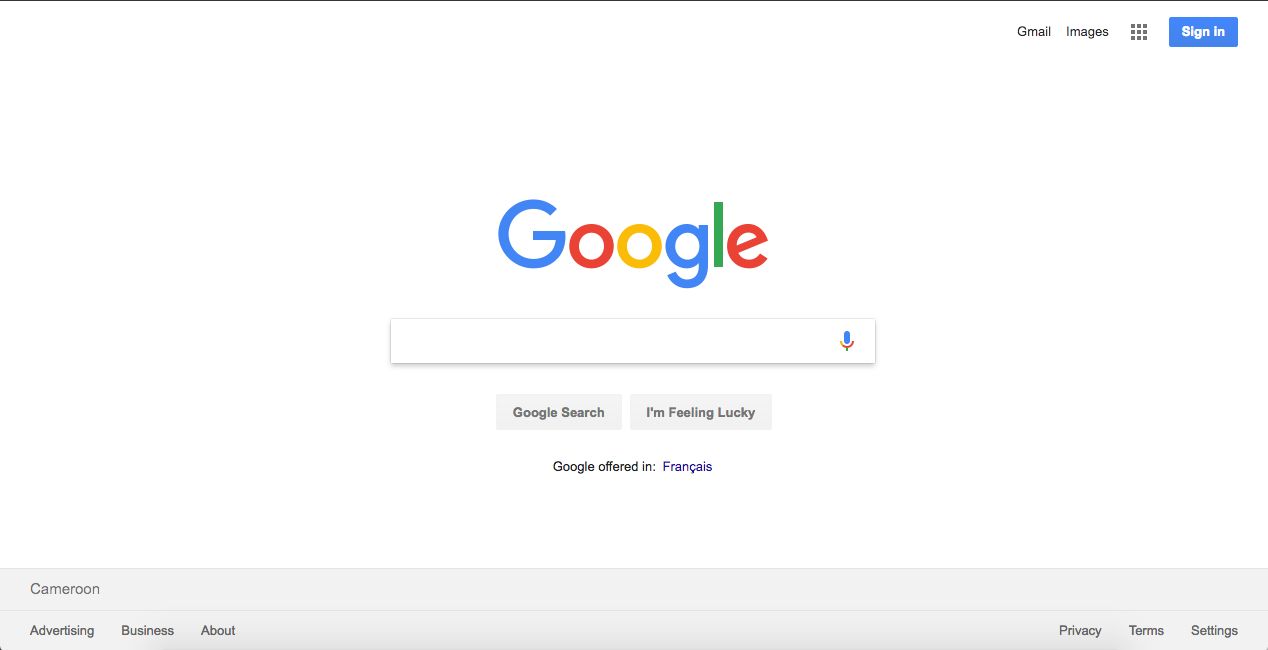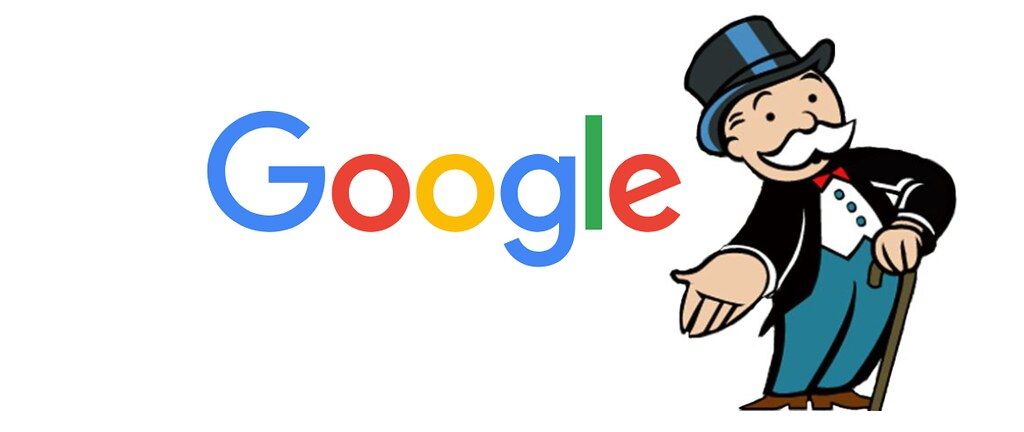
In an audacious and unsolicited move, Perplexity, a young artificial intelligence start-up, has made a remarkable offer to acquire Google’s Chrome web browser for an astounding $34.5 billion. This bold bid, confirmed on Tuesday, unfolds against the critical backdrop of an impending U.S. District Court ruling that could potentially compel Google to divest Chrome as a remedy for its established dominance in the internet search market. The offer, first reported by The Wall Street Journal and subsequently confirmed by CNBC, highlights the growing assertiveness of emerging A.I. companies in reshaping the technological landscape.
Perplexity’s chief executive, Aravind Srinivas, articulated the strategic intent behind the offer in a letter addressed to Sundar Pichai, the chief executive of Google’s parent company, Alphabet. The proposal, he stated, was “designed to satisfy an antitrust remedy in highest public interest by placing Chrome with a capable, independent operator.” This declaration underscores Perplexity’s ambition to position itself as a key player in fostering competition within an industry long dominated by a singular entity.
Despite Perplexity’s own valuation, estimated at $18 billion following a $100 million funding round in July, the $34.5 billion offer significantly surpasses its current standing. However, the company has asserted that external investors, including several large venture-capital funds, have pledged their support to finance the potential deal. Dmitry Shevelenko, Chief Business Officer at Perplexity, further confirmed that “Multiple large investment funds have agreed to finance the transaction in full,” signaling serious backing for this ambitious endeavor.
Perplexity, founded in 2022 by a collective of A.I. researchers including Mr. Srinivas, who previously contributed to OpenAI, aims to revolutionize the traditional search engine paradigm. The company’s core innovation lies in its online chatbots and similar technologies that provide concise, sentence-based responses to user queries, rather than merely presenting a list of links. Acquiring the Chrome browser, which boasts over 3 billion monthly active users, could offer Perplexity a significant strategic advantage over other challengers vying with Google, such as Microsoft, OpenAI, and You.com.

Rowan Stone, the CEO of AI training firm Sapien, articulated the immense potential such an acquisition holds. Stone suggested that Perplexity would gain ownership of nothing less than “the front door to the internet.” This control would grant the company invaluable “web-scale behavioral data” essential for refining and training its A.I.-driven search engine. Moreover, it would provide a “built-in runway to drive mass adoption of its AI-driven search experience,” potentially altering the competitive dynamics overnight.
If the deal were to materialize, Stone asserted, “If the deal closes, it could reset the competitive race overnight.” This perspective underscores the transformative impact that a change in Chrome’s ownership could have on the nascent A.I. search market. It would allow Perplexity to integrate new monetization models and A.I. systems directly into its core browsing experience, bypassing the need to compete for users through peripheral apps and software add-ons.
The audacious bid from Perplexity comes as Judge Amit Mehta is expected to issue a ruling as early as this week in a landmark antitrust case against Google. Last year, Judge Mehta determined that Google had violated antitrust rules in its relentless pursuit of maintaining dominance within the search market. The Justice Department, having prevailed in its antitrust suit against the tech giant, has subsequently advocated for aggressive remedy proposals, including the federal court forcing Google to divest its Chrome browser.
Federal prosecutors contend that compelling Google to sell Chrome and share its search results and advertising data with rivals would inject much-needed competition into the market. The government’s argument centers on the premise that Google’s near-monopoly, controlling approximately 90 percent of the search market, cannot be effectively remedied without fundamental structural changes to the company. Furthermore, the Justice Department has voiced concerns that without a decisive remedy, such as the sale of Chrome, Google is poised to extend its dominance into the rapidly evolving A.I. sector.
Product on Amazon: Mastering AI Model Training: A Comprehensive Guide To Become An Expert In Training AI Models
Binding: Kindle Edition Product Group: Digital Ebook Purchas
Price: 9.99 USD
Rating: 5.0 Total reviews: 1
Shopping on Amazon >>

David Dahlquist, the government’s lead litigator, underscored this forward-looking perspective during the proceedings. He stated, “This court’s remedy should be forward looking and not ignore what’s on the horizon.” Mr. Dahlquist further drew a direct parallel, adding, “Google is using the same strategy that they did for search and now applying it to Gemini,” referencing Google’s burgeoning A.I. technology. These statements highlight the government’s apprehension about Google’s continued leverage in the A.I. landscape.
Google, for its part, has strenuously opposed the mandated sale of Chrome, instead proposing more limited adjustments to its business model. The company has argued that such a divestiture would severely “harm consumers, developers and American technological leadership at precisely the moment it is most needed.” Furthermore, Google officials have asserted that splitting off components of its business, like Chrome, would effectively “break them,” potentially chilling its willingness to invest in new technologies.
In an April ruling, Judge Mehta reiterated that Google “willfully engaged in a series of anticompetitive acts” to maintain its search market monopoly. He detailed how the company allegedly eliminated competitors through strategic acquisitions and solidified its monopoly power by imposing “anticompetitive policies on its customers and eliminating desirable product features.” This sustained pattern of behavior is what has fueled the Justice Department’s push for a drastic structural remedy.
Product on Amazon: Google Gemini for Beginners (Google Gemini Guides Book 1)
Binding: Kindle Edition Product Group: Digital Ebook Purchas
Price: 9.99 USD
Rating: 4.3 Total reviews: 46
Top Review from US: “Daniel Fankhauser’s “Google Gemini for Beginners” is an excellent entry point for anyone looking to understand and start using artificial intelligence, specifically Google’s Gemini chatbot. Designed with the novice in mind, the book successfully demystifies the often-intimidating world of AI.”
Shopping on Amazon >>

While Google has not publicly indicated any willingness to sell Chrome and has vowed to appeal any unfavorable ruling, the browser’s strategic importance is undeniable. Chrome, launched by Google in 2008, serves as a vital conduit for the search giant, providing invaluable data utilized for targeted advertising. The Justice Department elaborated in a post-decision filing that forcing Google to divest Chrome “will permanently stop Google’s control of this critical search access point and allow rival search engines the ability to access the browser that for many users is a gateway to the internet.” This proposed action aims to level the playing field for search competitors.
Perplexity has outlined specific terms for its bid, demonstrating a commitment to the browser’s existing framework. According to details obtained by Reuters and The Wall Street Journal, the firm would invest $3 billion into Chrome over the next two years. Crucially, it pledges to maintain open-source access for Chromium, Chrome’s underlying code. Furthermore, Perplexity promises to uphold user defaults, including continuing to place Google as the default search engine in Chrome, rather than substituting it with its own A.I.-powered option.
This commitment extends to ensuring “continued available and support” for Chrome for a substantial 100 months, as confirmed by Jesse Dwyer, a spokesman for Perplexity. Such assurances aim to address potential user and developer concerns regarding the stability and future direction of the browser under new ownership. The offer seeks to present Perplexity not as a disruptive force, but as a capable and independent operator dedicated to Chrome’s public interest.
The potential valuation of Chrome, should Google be compelled to sell, varies widely among experts, with estimates ranging from $20 billion to $50 billion. The CEO of rival search engine DuckDuckGo, for instance, testified in April that Chrome could be worth “upwards of $50 billion.” Should Perplexity’s $34.5 billion offer ultimately succeed, it could well be regarded as a significant bargain in the long run, considering the browser’s immense user base and strategic market position.

Despite the complexities and the likelihood of a protracted appeals process, other significant players have also expressed interest in acquiring Chrome if it becomes available. Nick Turley, head of OpenAI’s ChatGPT, publicly stated in April that his company would be interested in purchasing the browser. Turley envisioned a “really incredible experience” if ChatGPT and Chrome were to combine, suggesting it would provide OpenAI with “the ability to introduce users into what an AI first experience looks like.”
Yahoo is another entity that has signaled potential interest. Digiday reported that Brian Provost, Yahoo Search GM, testified during Google’s antitrust trial that Yahoo had engaged in discussions with other companies regarding a browser acquisition. If Yahoo were to pursue an offer for Chrome, it would benefit from the backing of its parent firm, Apollo Global Management, adding another formidable contender to the fray.
Perplexity’s bid for Chrome is not its first high-profile, speculative maneuver. In January, the start-up submitted a proposal to merge with the short-form video app TikTok, aiming to resolve concerns in the U.S. regarding TikTok’s Chinese ownership, although this proposed structure had not materialized as of August. These past actions paint a picture of a company unafraid to make bold, strategic overtures in the rapidly shifting tech landscape.
Indeed, the broader technology sector is currently experiencing what some term the ‘Hard Tech’ Era, marked by a fierce battle for supremacy in generative A.I. Companies like Meta and OpenAI are vying for top talent, offering substantial salaries and signing bonuses to leading engineers. Megacap tech companies are channeling tens of billions of dollars annually into A.I. infrastructure, while startups like Perplexity are raising billions from various investors to finance the necessary hardware and headcount to compete effectively.

This era also sees the emergence of A.I.-driven education and even the genesis of a techno-religion, reflecting the profound societal impact of artificial intelligence. San Francisco, in particular, is witnessing an unprecedented A.I. boom, further illustrating the intense focus and investment in this transformative field. The competitive environment is dynamic, characterized by rapid innovation and aggressive strategic plays, such as Perplexity’s bid.
Perplexity has already launched its own A.I.-powered web browser, Comet, as part of its strategy to boost the usage of its A.I.-powered search engine. Comet is pitched as a more personalized browser, capable of connecting a user’s calendars, browsing tabs, and social channels. The company has made ambitious claims about Comet’s capabilities, suggesting it “could make recruiters go extinct by doing one week’s worth of tasks with a single prompt.” This ambition reveals Perplexity’s desire to innovate within the browser space, even without Chrome.
However, Perplexity has also faced scrutiny regarding its use of content. The Times sent a cease-and-desist letter last year, demanding that the company cease using its content to power its A.I. technologies. Furthermore, The Post and The Wall Street Journal, both subsidiaries of News Corp., are currently engaged in legal action against Perplexity, alleging the company is “ripping off their copyrighted work.” These challenges highlight the ongoing legal and ethical complexities surrounding A.I. and content utilization.
Product on Amazon: An Educator’s Guide to AI in the Classroom: The Transformative Power of AI in Education, How to Use AI in School, K-12 Classroom Lesson Plans, and Answers to Common AI Questions
Brand: Audible
Binding: Audible Audiobook Product Group: Audible
Price: 6.08 USD
Rating: 4.8 Total reviews: 17
Top Review from US: “I am not an educator but I found in this book very simple strategies to implement AI in my work. Very easy to read and to understand AI.”
Shopping on Amazon >>
Read more about: Alexa’s Generative AI Leap: Inside Amazon’s Ambitious Brain Transplant for Its Iconic Voice Assistant

The ongoing antitrust case against Google and Perplexity’s audacious bid serve as a stark reminder that the battle for browser dominance is far from over; it is, in fact, intensifying as the next major A.I. battleground. The stakes are immense: control of the browser effectively represents control of the “front door to the internet,” a strategic prize in the burgeoning A.I. era. Regardless of the outcome of Perplexity’s bid or Google’s appeals, the very fabric of how we interact with information online stands at a pivotal moment, poised for a transformative shift driven by A.I. innovation and regulatory pressure.
Read more about: The Great American Economic Divide: Unpacking Public Frustration Amidst Official Growth Claims
In the grand tapestry of technological evolution, this moment is a vibrant thread, weaving together the threads of artificial intelligence, antitrust enforcement, and the very architecture of our digital lives. It is a testament to the relentless pace of innovation and the ever-present tension between dominance and disruption. The coming months will undoubtedly unveil the next chapter in this compelling saga, as the future of online interaction hangs in the balance, shaped by the decisions made in courtrooms and the bold visions forged in the minds of A.I. pioneers.



